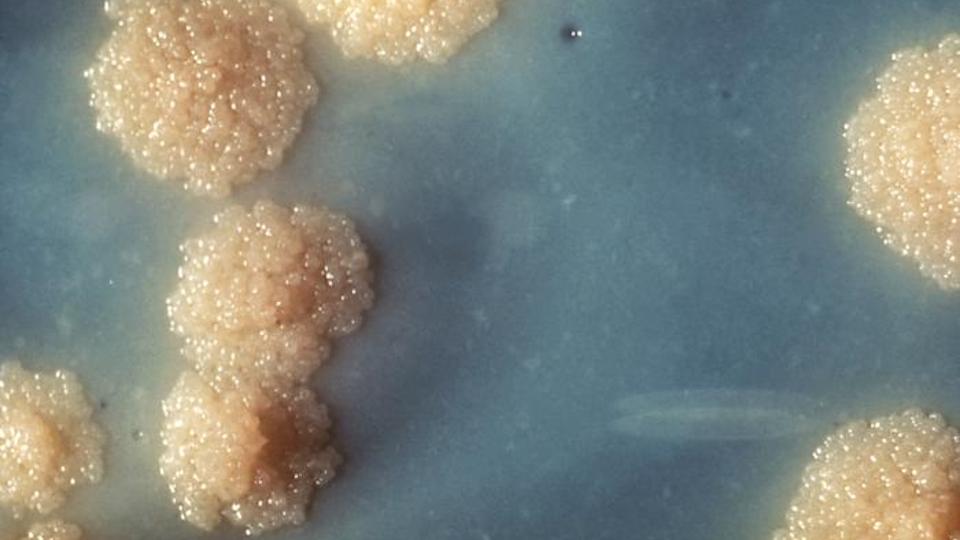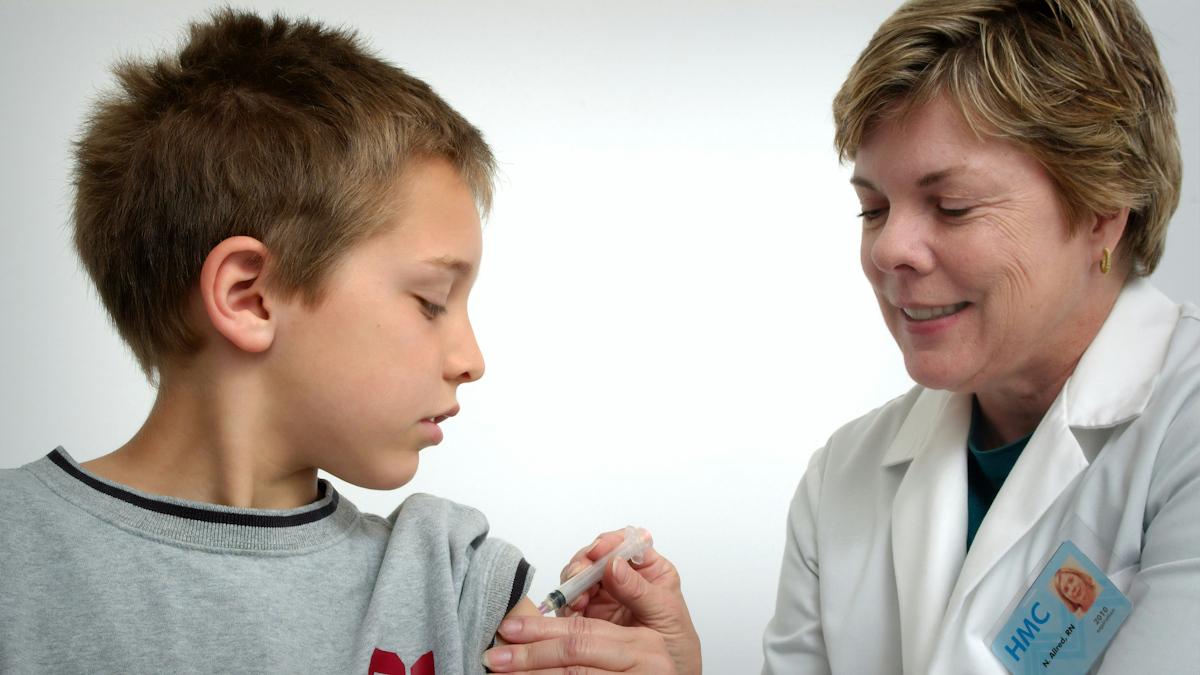GSK commits to further support of BioVersys’ TB drug

A close-up of a Mycobacterium tuberculosis culture
GSK has expanded a collaboration with BioVersys on a new drug candidate for tuberculosis (TB) and contributed to an extension to the Swiss biotech’s third-round financing.
The new deal means that GSK will collaborate with BioVersys on the development of the orally active drug – called alpibectir (BVL-GSK098) – beyond a current phase 2a trial in pulmonary TB, which is ongoing in South Africa. The extension to the Series C takes the total raised by BioVersys to nearly CHF 45 million (around $50 million).
Despite being a curable disease, TB remains a serious global public health challenge, with upwards of 10 million cases a year and around 1.3 million deaths in 2022, according to World Health Organization (WHO) figures. Just this week, there was an outbreak of the disease at a homeless shelter in the US, which has killed one person and hospitalised at least nine others.
Alpibectir was developed in a public-private collaboration between GSK, Pasteur Institute Lille, and the University of Lille, and is designed as a companion to ethionamide (Eto), which is an important second-line antibiotic for treating drug-resistant TB, but requires high doses, making it hard to tolerate, and prone to resistance.
BioVersys’ drug acts via a new mechanism on bacterial transcriptional regulators, stimulating novel bioactivation pathways for Eto, resulting in an increase in the activity of the drug whilst simultaneously overcoming resistance to it.
The combination could also allow the dose of Eto to be reduced, making it easier to tolerate and – potentially at least – making it a first-line treatment option.
In a statement, the Swiss biotech said that GSK’s continued involvement will allow additional testing in pulmonary TB, as well as in TB meningitis, where the infection spreads into the brain and/or spinal cord.
In 2022, GSK made a commitment to invest £1 billion ($1.25 billion) over the next decade to accelerate R&D on infectious diseases, including TB, that disproportionately impact lower-income countries.
Along with its support of alpibectir, the pharma group is also running trials of another novel antitubercular drug, an inhibitor of the bacterial enzyme leucyl t-RNA synthetase (LeuRS), codenamed GSK3036656. It has been shown in phase 2 trials to achieve eradication of the Mycobacterium tuberculosis organism in patients with drug-susceptible pulmonary tuberculosis, with no serious adverse effects, after a two-week course.
At the moment, around 85% of TB cases can be treated with a four- to six-month drug regimen that, while effective in eliminating the infection, can be hard to adhere to and also carries a significant side-effect burden.
GSK, meanwhile, has also developed a TB vaccine called M72 that has been licensed to the Bill & Melinda Gates Medical Research Institute (Gates MRI) and started a phase 3 trial earlier this year. If authorised, it would become the first new vaccine for preventing pulmonary TB since the BCG shot was introduced more than 100 years ago.













